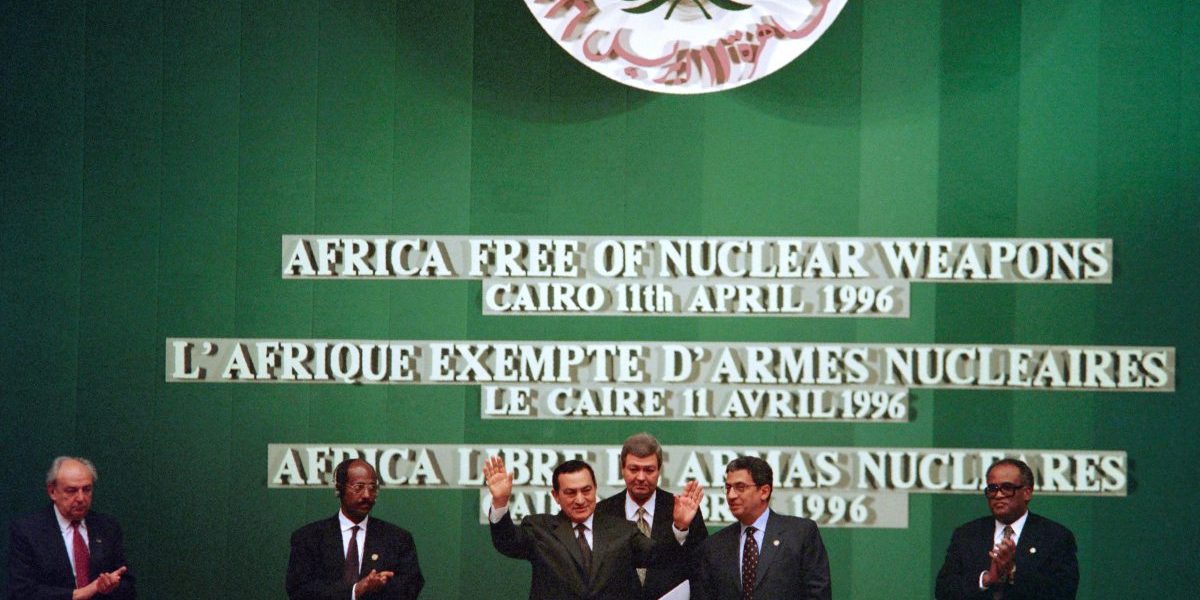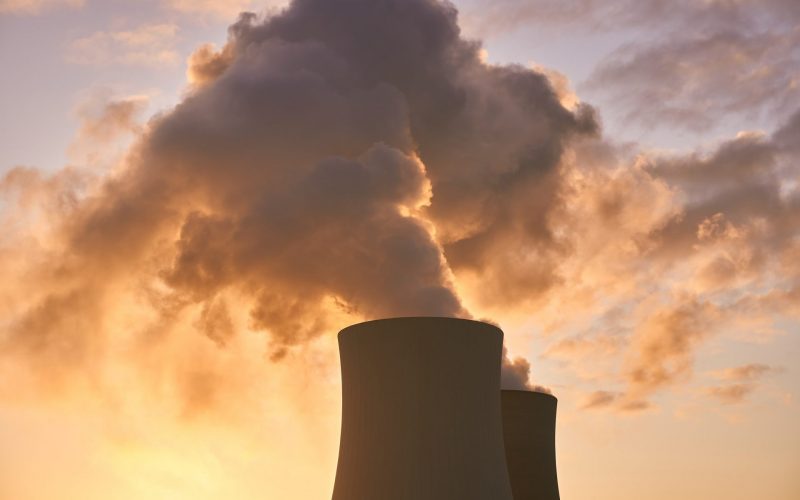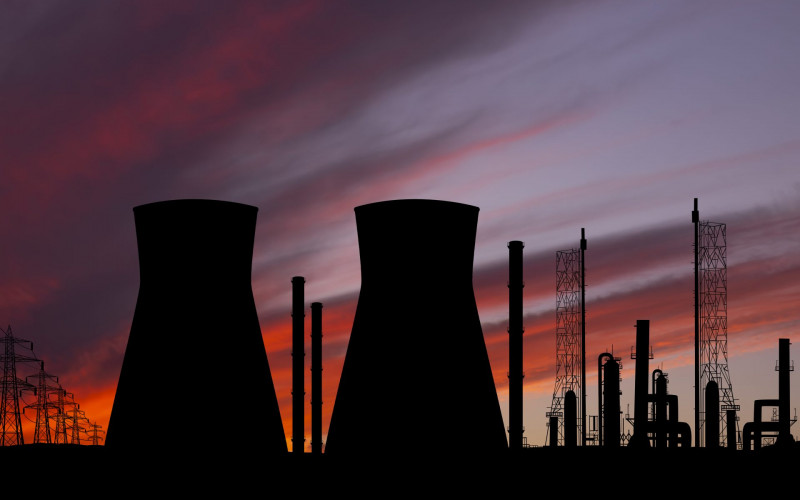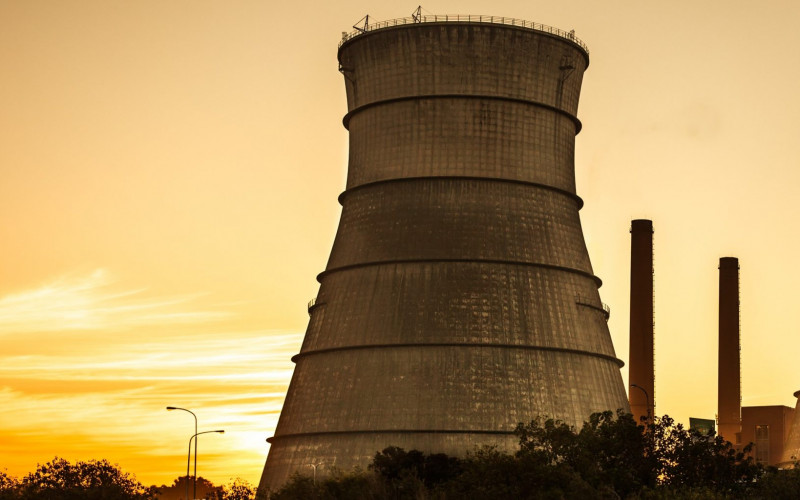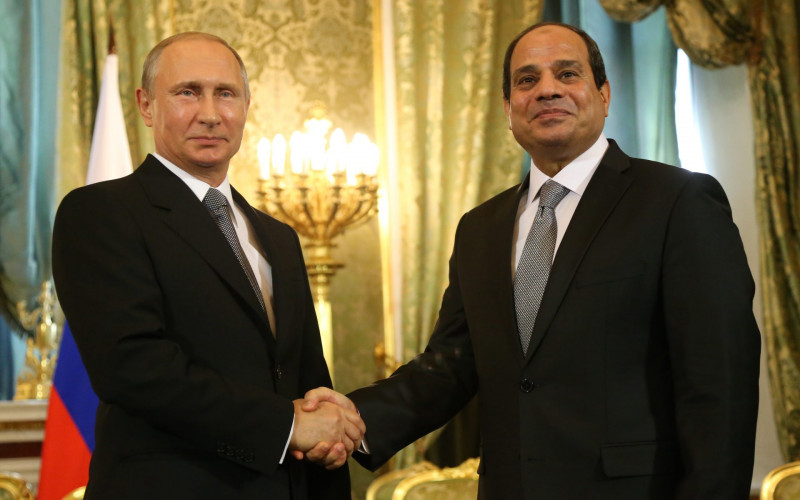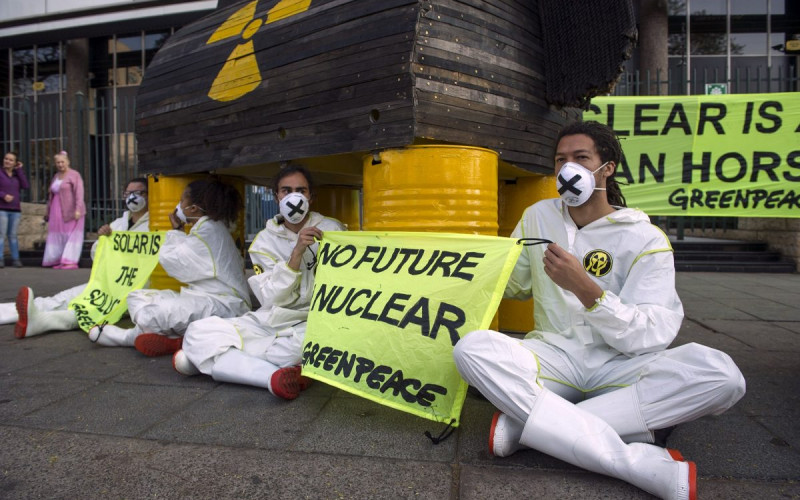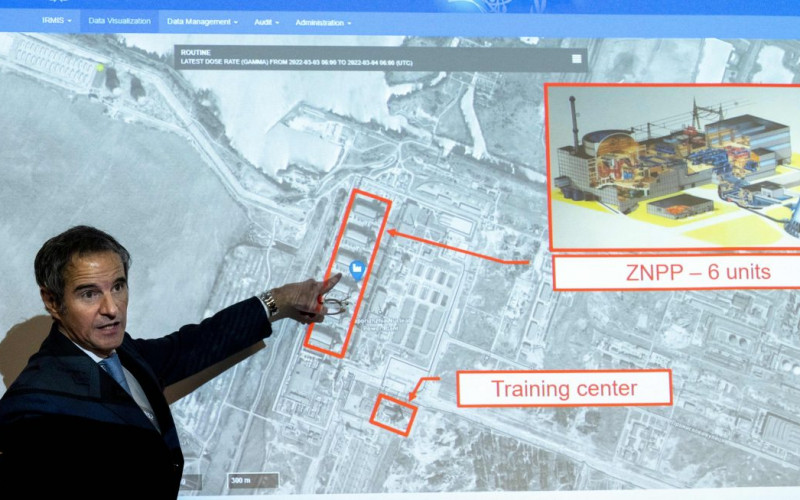Summary:
- This paper reviews African continental nuclear institutions and their legal frameworks.
- Nuclear power is expected to play an increasingly important role in Africa’s energy supply.
- Currently, South Africa is the only country in Africa with a nuclear power plant. At least 16 other African countries are also looking to establish nuclear programmes: Algeria, Angola, Burundi, Democratic Republic of Congo (DRC), Ethiopia, Ghana, Kenya, Morocco, Rwanda, Sudan, Tunisia, Tanzania, Uganda, Zambia and Zimbabwe. Egypt has progressed the furthest, having already begun construction on a power plant.
- Nuclear disasters can have devastating consequences. Nuclear energy is therefore highly regulated, with emphasis on safety and security, waste removal, and prevention of unauthorised use.
- To regulate the industry, global regimes were established that legally bind member states to implement legislation on nuclear disarmament, safety and security, and non-proliferation.
- This paper examines the key African frameworks and institutions: The 1996 Treaty of Pelindaba and its oversight body, the African Commission on Nuclear Energy (AFCONE); the Forum of Nuclear Regulatory Bodies in Africa (FNRBA); and the Africa Regional Cooperative Agreement for Research, Development and Training related to Nuclear Science and Technology (AFRA).

